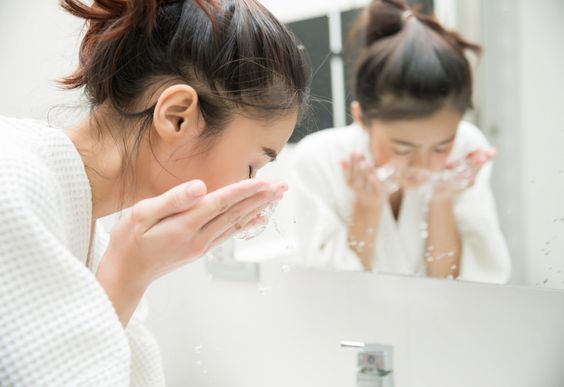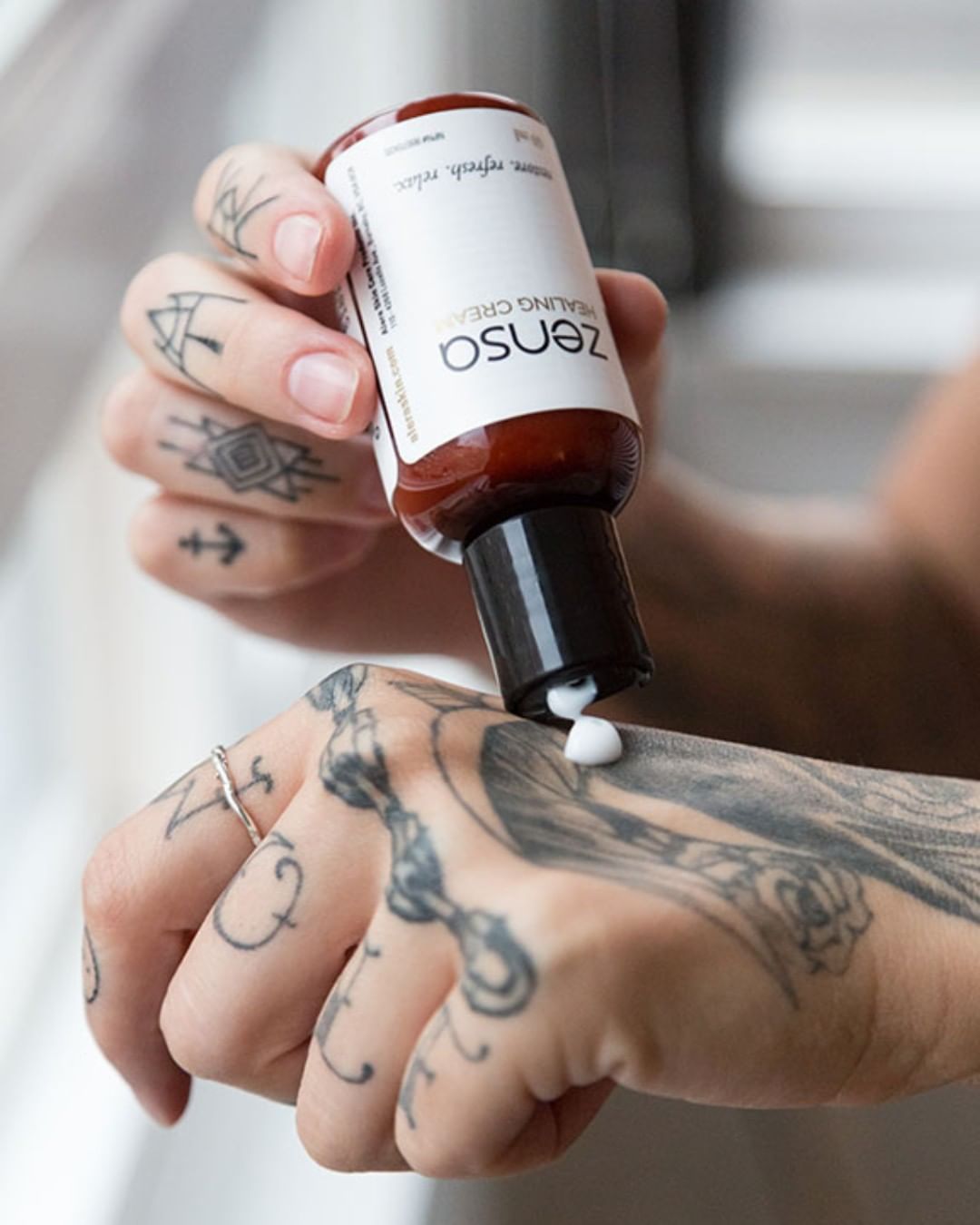Women's Health Month: 6 Ways to Maintain Healthy Skin During Quarantine
Women's Health Month: 6 Ways to Maintain Healthy Skin During Quarantine
May is Women’s Health Month, which should act as a gentle reminder that self-care isn’t selfish. In fact, self-care is the best way to maintain a healthy mind and body. Which can be essential while we remain indoors to respect the current COVID-19 precautions. This May, in honour of Women’s Health Month during such a unique time, Zensa encourages us to focus on how to care for one of our body's most essential barriers - our skin.
Our skin is the largest organ on our body. So it’s no wonder it’s so important to keep it healthy throughout each season - and even more reason to give it the care it deserves while being limited to an indoor environment. Skin health is important not only to support our overall appearance, but because our skin acts as a shield while it performs essential tasks for our bodies.
When our skin is healthy, it works hard to protect us from things like harmful bacteria and viruses that we are exposed to every day, the drying conditions that can come from being indoors, any aging effects from increased device usage, and harmful UV rays that can still penetrate through window glass. If it’s compromised, the skin’s ability to act as a protective barrier is weakened.

Credit: @pinterest
Developing a daily skin-care routine for quarantine may take some adjustments to properly cleanse, moisturize and protect your skin and keep it looking nourished and healthy. Keeping in mind that all skin types can benefit from a non-drying cleanser and a daily SPF.
Once you’ve perfected your skin-care routine, try one, or all of these six additional ways to help improve the health of your skin while you’re safe at home:
1. Maintain a healthy diet
What you eat is just as important as what you put on your skin. Avoiding or limiting alcohol consumption can help you avoid non-melanoma skin cancers. Restricting your calorie intake can slow down the cellular aging process.
Eating skin-healthy foods like mangos can provide our skin with much-needed antioxidants that protect the production of collagen. Tomatoes have been proven to reduce the risk of skin cancer by 50%. Try incorporating new foods into your diet and teach yourself to cook healthy meals while you're quarantined.
Other skin-healthy foods include:
-
Soy - helps reduce the appearance of crow's feet.
-
Olive oil - lowers the risk of facial photoaging caused by UV rays.
-
Omega-3 - prevents dry, scaly skin.
-
Kale - contains Lutein, which protects against UV rays.
-
Green tea - rejuvenates dying skin cells and promotes wound healing.

Credit: @pinterest
Stress can affect the health of our skin in many ways, starting with those problematic pimples that always seem to appear right before a big event. Stress causes the levels of cortisol in our body to rise, which then weakens our immune system. Once our immune system is weakened, pre-existing skin conditions like eczema, psoriasis and acne begin to flare up, making our skin dry and in desperate need of nourishment. Stress can also cause itchy skin, excessive sweating, hand rashes and even hair loss. Needless to say, stress is hard on our skin.
Light exercise for just 20 minutes a day can substantially reduce stress. Here are a few other ways to reduce stress while staying at home:
-
Practice yoga.
-
Try guided meditation.
-
Consider stress-reducing supplements like omega 3 fatty acids or lemon balm.
-
Use essential oils for aromatherapy with calming scents like lavender or sandalwood.
-
Reduce the amount of caffeine in your diet.
-
Spend time with your pet.
3. Keep your skin moisturized
Dry, undernourished skin causes it to tighten, flake and become irritated. Using a daily moisturizer that contains humectant, occlusion and emollient properties is the best way to help your skin stay soft and supple. Humectants attract moisture, while occlusive agents retain moisture and emollients smooth the spaces between the skin cells.

Zensa Healing Cream is a natural moisturizer with powerful skin healing benefits that help rejuvenate skin all over your body. It contains anti-inflammatory and antimicrobial ingredients like grapefruit extract, green tea extract and calendula oil that are proven to protect skin against harmful elements.
Here are a few other ways to keep your skin moisturized:
-
Avoiding the use of harsh soaps and cleansers with fragrances.
-
Take one, warm 5-10 minute shower per day and avoid excessive washing.
-
Avoid using abrasive cloths or brushes that can damage your skin.
-
Moisturize your skin immediately after showering.
-
Avoid excessive AC or indoor heating.
4. Get plenty of rest
They don’t say “get your beauty sleep” for nothing.
Many of us have experienced a change in our daily routines, creating a shift in our sleep schedule. Even though we aren’t getting up and going to work everyday, a consistent sleep schedule can change everything from your mood, to puffiness of your skin. When we sleep, our bodies enter into repair mode and begin the process of regenerating our skin, muscles and brain cells. Getting enough sleep will dramatically reduce the appearance of dark circles around your eyes and help even out your skin tone. Adults should be getting an average of 7-9 hours of sleep each night, less than that can be detrimental to your skin's health. A good night's sleep also helps your body produce collagen, which prevents sagging of the skin.
5. Quit smoking
Nicotine can be deadly to your skin. It causes blood vessels in the outer layer of the skin to narrow, restricting blood flow and draining the skin of oxygen and nutrients. Smoking also causes the breakdown of collagen, which reduces the elasticity in our skin. The best thing you can do for your skin is quit smoking.
 Credit: @frostaesthetics
Credit: @frostaesthetics
6. Try a virtual consultation with your skin care professional.
Although most spas and skin care clinics are still closed, many estheticians are currently providing online consultations to their clients. These virtual meetings allow clients to discuss skin care needs and issues with professionals they can trust. They can create a customized skin care regimen, recommend products, and even build a custom care package based on the need of each client to care for their skin at home. Contact your local aesthetician for more info.
Cover photo credit @carolapojer
